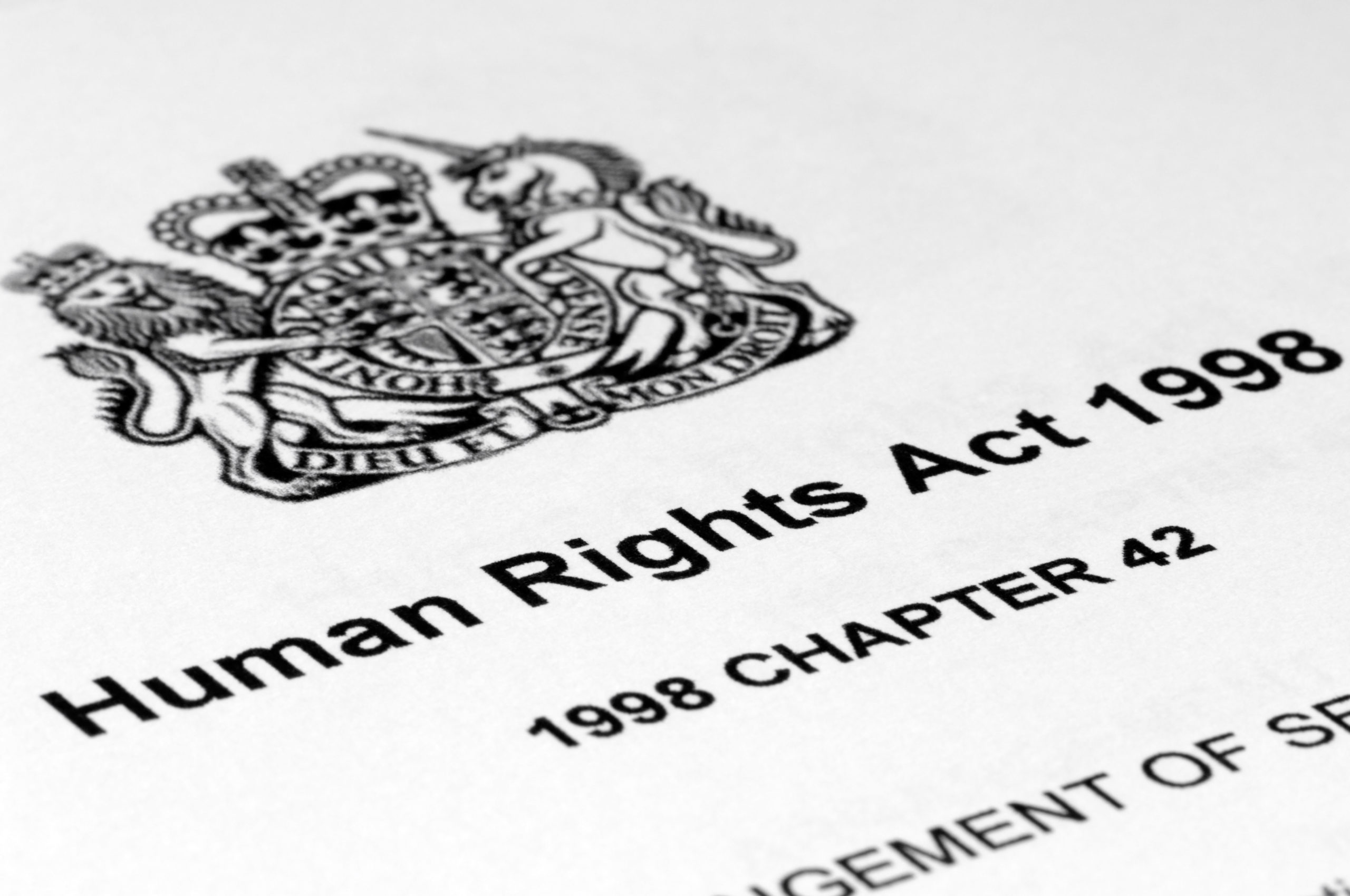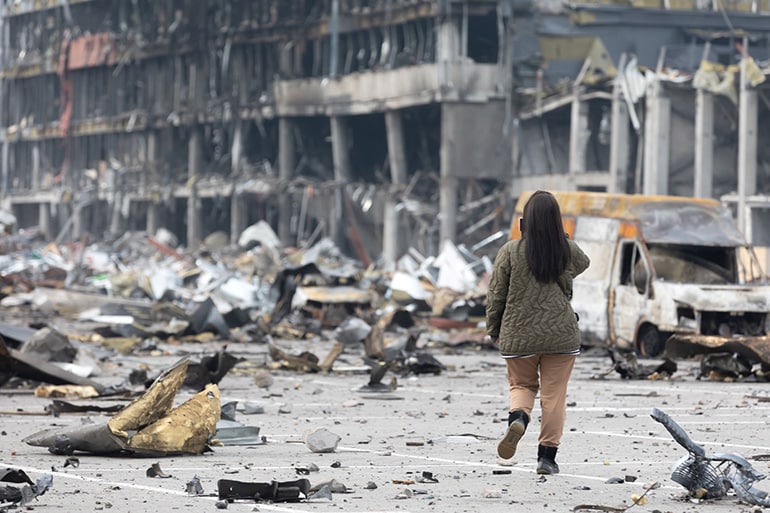The global expansion of the UK’s partnered military operations risks increasing civilian harm and decreasing accountability, finds a new report from Ceasefire Centre for Civilian Rights.
The report, Avoiding civilian harm in partnered military operations: The UK’s responsibility, describes how the importance of partnered operations has increased significantly over the past two decades to become the predominant form of UK military engagement. But as the UK trains, arms and fights alongside allied forces, foreign state militaries and armed militias across the world, this shift in UK practice has undermined accountability for civilian harm and led, in some instances, to an increase in civilian casualties. The increased complexity of engagement has also led to responsibility for violations of international humanitarian law – including potentially war crimes – being shirked.
The UK’s defence policies, such as last month’s Integrated Review Refresh and the Defence Command Paper ‘Defence in a Competitive Age’, all push for an even greater role for military partnerships. But the UK’s policies and practices on civilian harm mitigation have not kept abreast.
Recent investigations found that airstrikes that killed civilians during the ongoing campaign against ISIS in Iraq are likely linked to UK forces, despite longstanding claims from the UK Ministry of Defence that the Royal Air Force did not harm a single civilian there. The UK has avoided responsibility for civilian harm by acting as part of an international Coalition in support of partner Iraqi Security Forces.
Report co-author Mark Goodwin-Hudson, former Deputy Chief Current NATO Operations in Afghanistan, identifies numerous problems with civilian casualty mitigation and lessons for the UK’s partnered military operations including:
- The civilian casualty review Board did not have adequate time, access or the authority to visit the incident sites or conduct its own interviews when there were allegations of civilian harm caused by NATO operations.
- There was also very limited access to intelligence used to support Special Forces operations, meaning that it was often difficult for the Board to establish whether or not a victim was a civilian.
- During the period under review (2016) this was particularly significant as Special Forces missions were the only operations that could be assigned a ‘non-combatant casualty cut-off value’ (ie. the number of civilians or other non-combatants that were authorised to be legally killed incident to a strike on a high value target).
- It was discovered that civilian casualty recording by the Afghan defence ministry had only acknowledged incidents of civilian harm committed by the Taliban or ISIS, and on occasions that civilians were killed as a result of crossfire, anti-government forces were always recorded as being to blame.
The report finds that accountability for partnered military operations (PMOs) is likely to deteriorate even further. The units which play an increasingly important role in UK PMOs, such as the new Ranger Regiment, effectively operate without external scrutiny. They operate in support of military forces in several countries on the FCDO’s human rights Countries of Concern list, such as Bangladesh, Egypt, Somalia and Saudi Arabia, without being subject to parliamentary or judicial oversight.
Ceasefire’s Advocacy Officer and co-author of the report, Lydia Day, commented:
“The UK needs to urgently strengthen its civilian harm mitigation policies to better protect civilians. All too often, partnered military operations allow the UK to avoid responsibility for civilian harm, undermine accountability, and provide military support to countries with appalling human rights records. If partnered military operations are to continue, the UK’s approach to civilian harm mitigation must change.”
The report argues that a statutory duty should be placed on ministers not to proceed with military assistance or cooperation where there is knowledge, belief or the existence of a real risk that serious violations of international humanitarian law or human rights will take place (a UK ‘Leahy Law’). UK officials and service personnel involved in partnered military operations, including arms exports, should be warned of the potential for criminal liability for aiding and abetting where they know that the assistance provided will be used to commit war crimes or other crimes under international law.
Notes for editors:
Avoiding civilian harm in partnered military operations: The UK’s responsibility, by Lydia Day, Frank Ledwidge, Stuart Casey-Maslen and Mark Goodwin-Hudson, is published by Ceasefire Centre for Civilian Rights on 20th April.
Contact Lydia Day, lydia.day@ceasefire.org to discuss Ceasefire’s findings.






















